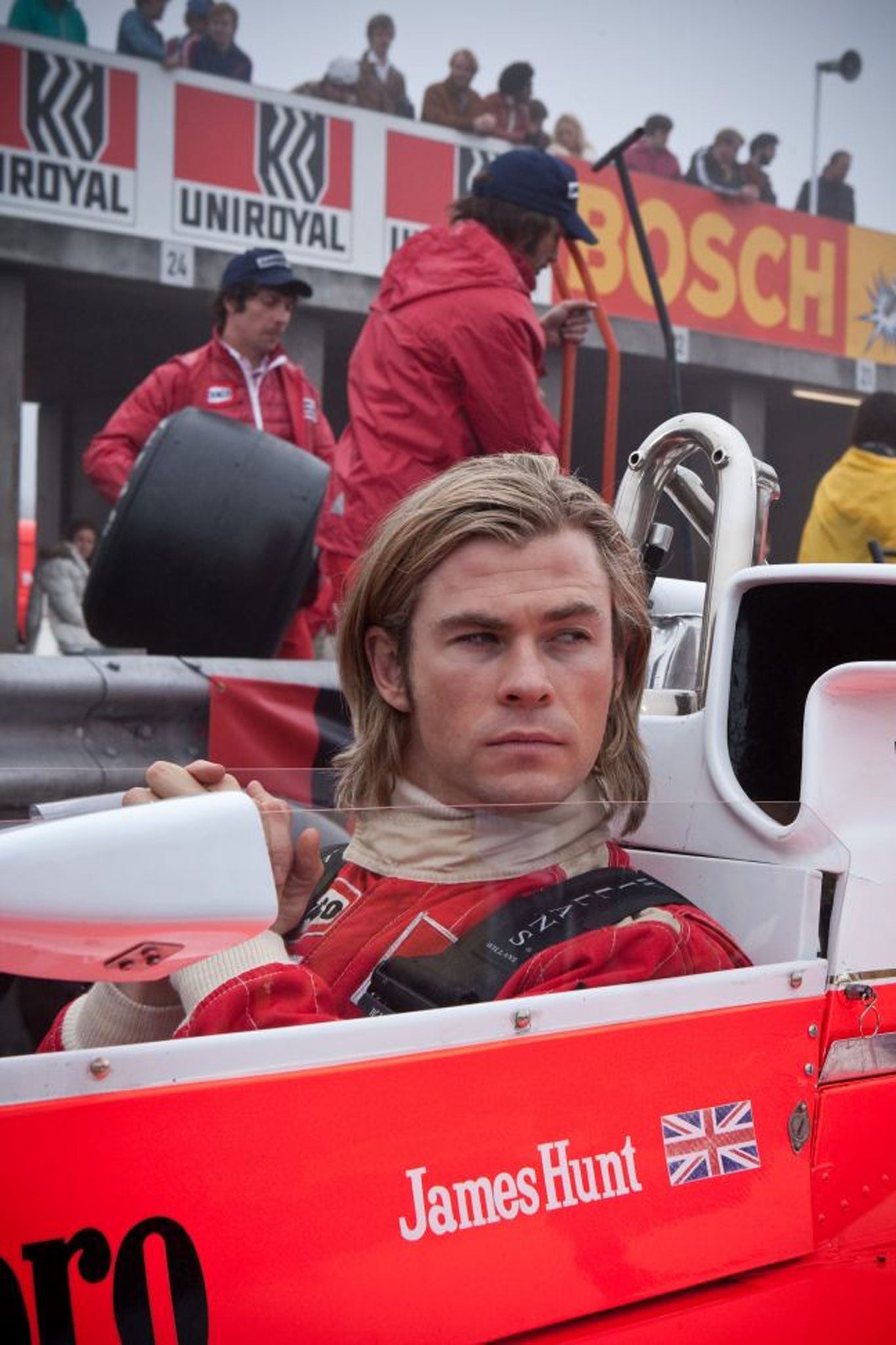Film review: Rush - Peter Morgan's drama about F1 in the 1970s is pulse-quickening
With such inherent drama even the clunkiest exposition doesn't dull the thrill of its forward momentum

Your support helps us to tell the story
From reproductive rights to climate change to Big Tech, The Independent is on the ground when the story is developing. Whether it's investigating the financials of Elon Musk's pro-Trump PAC or producing our latest documentary, 'The A Word', which shines a light on the American women fighting for reproductive rights, we know how important it is to parse out the facts from the messaging.
At such a critical moment in US history, we need reporters on the ground. Your donation allows us to keep sending journalists to speak to both sides of the story.
The Independent is trusted by Americans across the entire political spectrum. And unlike many other quality news outlets, we choose not to lock Americans out of our reporting and analysis with paywalls. We believe quality journalism should be available to everyone, paid for by those who can afford it.
Your support makes all the difference.Formula One motor racing in the Seventies, according to Peter Morgan's script for this pulse-quickening sports drama, was a high-risk pursuit that exclusively attracted "rebels, lunatics and dreamers".
But with that said, there were two approaches that a driver could take, best exemplified by the long-haired, shirt-unbuttoned, champagne-swilling English playboy James Hunt (Chris Hemsworth), and the buttoned-down, pragmatic and monomaniacally focused Austrian Niki Lauder (Daniel Brühl).
Rush charts the rivalry that consumed and drove them, from their initial meeting on the Formula Three circuit all the way to the highly dramatic climactic race of the 1976 world championship.
The script is full of explanatory dialogue and broad- strokes ("I have a hot-head, an inability to tolerate authority... I was prepared to die in order to beat you," Hunt spells out) and Hans Zimmer's thunderous music underscores every point.
But the performances – especially Brühl's – are subtle, and the film is so fabulously kinetic and throbs with such inherent drama that even the clunkiest exposition doesn't dull the thrill of its forward momentum. "The closer to death you are, the more alive you feel," says Hunt. And by putting you in the driver's seat alongside him, Rush makes you feel very alive indeed.
Join our commenting forum
Join thought-provoking conversations, follow other Independent readers and see their replies
Comments